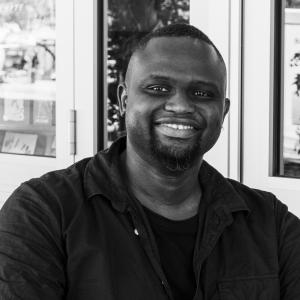I set students 90 minutes which to read the case (typically about 20 pages long) and to answer 30 questions. In the past I had 50 questions, but one of the key lessons of the course is the importance of 'slow reading', a complex concept developed by UQ philosopher Michelle Boulous Walker in her book of the same title. Currently the questions are formatted in the 'single best answer' form, but I'm looking to change this given that with respect to true ethical conundrums, there is by definition no 'single best answer'. As noted above, setting questions on the basis of the court document is the most challenging aspect of this assessment piece. This is compounded by the fact that on a program on which a lot of assessment has to do with recall, the aim of this is to test judgement and to try to demand as little as possible of the students with respect to their ability to recall facts.
On the whole, students actually like this assessment, and enjoy thinking and talking about the cases. They tend not to score as highly in this as in other assessments, however, and the grade distribution is wider.



